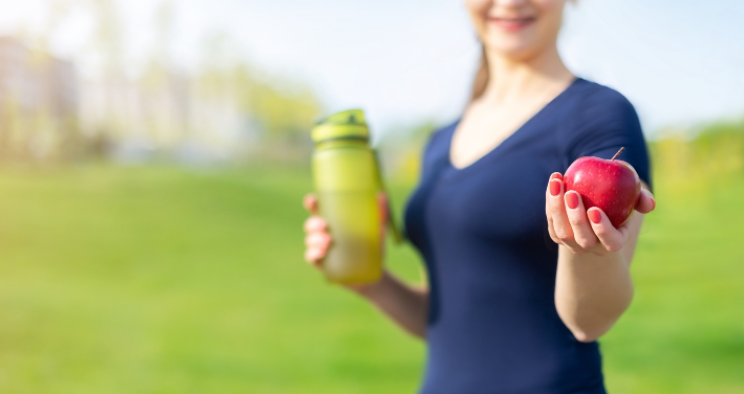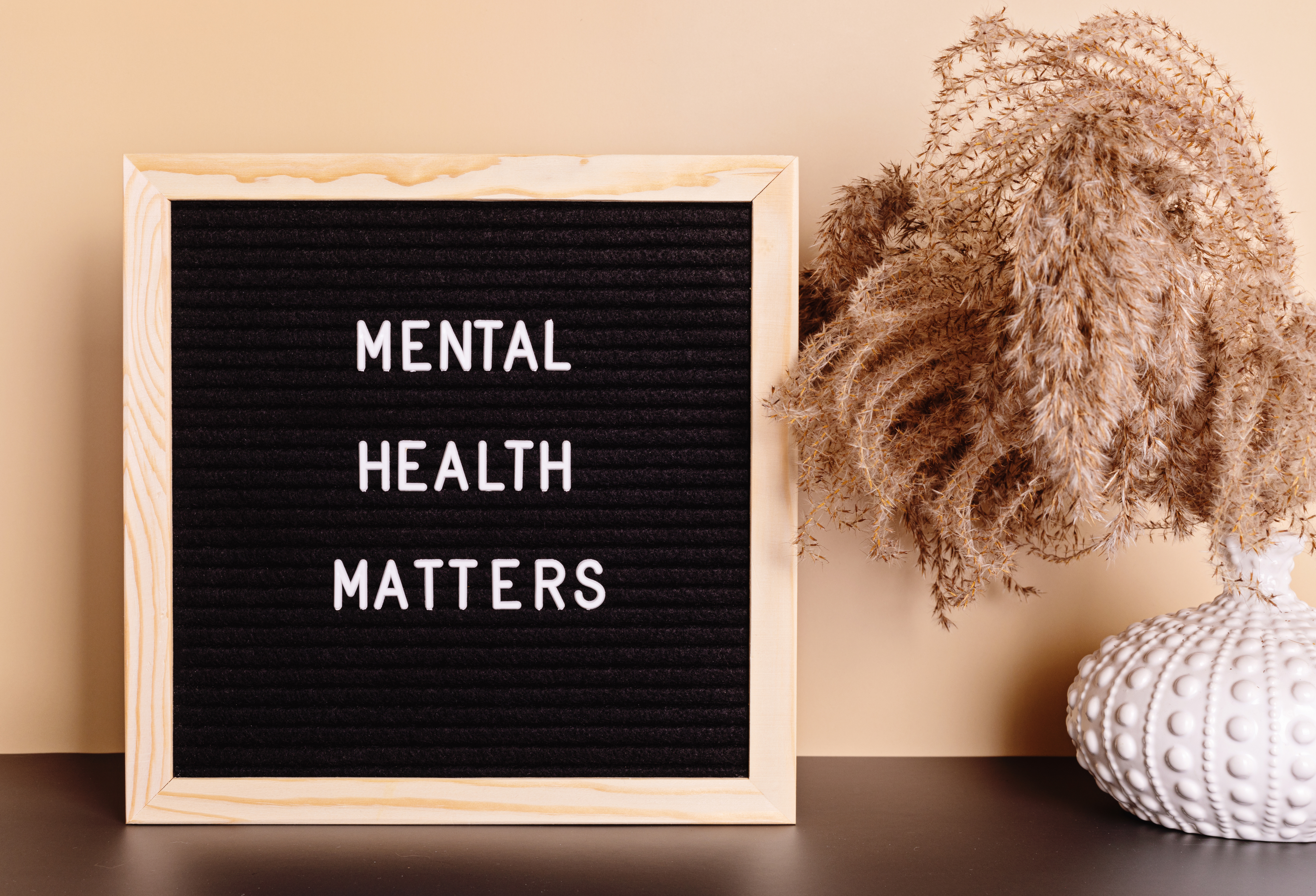By Michael Raynor, MS, RD, LDN
Eating the right things at the right times around our workouts is one of the biggest things we can do to improve our performance for our workouts and improve our recovery from them—ensuring that we’re getting the most out of them. It also is one of the most neglected areas of nutrition for active people. The good news is, it just a few tweaks in the pre-, during, and post- workout periods can have a huge effect on our performance and recovery. It also doesn’t have to be complicated, so I want to keep this fairly simple and short so that it’s easier to remember and apply.
Background
Just a few reminders about the macronutrients before we get into nutrient timing around workouts. To keep things simple, carbohydrates are our body’s fast energy source and are the primary energy source during exercise. We can’t store very much carbohydrate in our bodies for future use, so it’s important to make sure we’re topped off on carbs before workouts. Fat is a good fuel source for lower intensity activity and inactivity, but it’s less efficient and less preferred by the body for high-intensity activity, so it’s less crucial right around workouts. Finally, protein is the building block of many tissues in the body, especially muscle, so it’s important to get enough protein in order to rebuild and repair from workouts. So, let’s look at how to time these nutrients.
Pre-Workout
Before a workout, the goal of our meals and snacks is to make sure we’re hydrated and fueled. We want to make sure we’re drinking plenty of water throughout the day; the best way to gauge your hydration is by the color of your pee. The goal is for our pee to be pale yellow (no darker than the color of pale lemonade), but not clear. So, if your pee is darker than that, drink some more water until it lightens up, and if it’s clear, lay off the water for until your pee is back to a pale-yellow color.
We also want to make sure that our pre-workout meal/snack is fueling and helping us, not bogging us down. The closer to your activity, the smaller and simpler a meal/snack should be. The further out from activity, the larger and more complex a meal can be. This is a simple issue of digestion. We take time to break down and process the food we eat, and protein and fat slow down the rate that food moves through our body—this is a really favorable thing outside of workouts because it helps our food keep us full for longer, but right around our workouts, we want to use the energy from our food in a timelier manner. Since digestion takes some time, if we’re having a pre-workout snack in the hour before our workout, we want to keep it a little smaller and simpler (like a piece of fruit, a piece or two of toast, an energy bar, or even a piece of fruit and some nut butter). If we’re eating a little farther out from our workout, say 2-3 hours in advance, that can be more of a normal meal with an emphasis on carbs (for example, a sandwich with a side of fruit or rice with protein and veggies).
Everyone is different, so it may take a little experimentation to find what works for you regarding what foods you eat before a workout and when. Don’t be afraid to test some things out.
During Workout
I always tell my clients that hydration is the key to success. I won’t go off on a tangent on all the ways dehydration negatively affects us, but proper hydration is one of the biggest things we can do to feel and perform better in our workouts. We can set ourselves up for success by heading into workouts hydrated, and by staying hydrated during our workouts.
If your workout is an hour or less, you can drink plain water during the workout to stay hydrated. For workouts longer than an hour, it’s a good idea to incorporate a sports drink that contains electrolytes and carbohydrates to keep you fueled and to prevent dehydration.
Post-Workout
Workouts do a few things to our body. They cause microscopic damage to the muscle, and they cause our body to breakdown stored carbohydrates (glycogen). We have three main goals with our nutrition after a workout. Remember that our glycogen stores are pretty limited, so one of our nutrition goals after a workout is to replenish that glycogen by making sure we eat carbohydrates. One of our other main nutrition goals after a workout is to ensure we’re getting protein in to help repair muscle damage and rebuild muscle. The amount of protein and carbohydrate you need after a workout is specific to your calorie and macronutrient needs, but a general rule that can help to maximize recovery is a 3:1 ratio of carbs: protein (for example, if you have 15g protein, aim for 60g carb).
Our third goal of our post-workout nutrition is to REHYDRATE. You may have gathered by now that I’m huge on hydration and really reinforce it. One easy way to do this is to weigh yourself before your workout and again after; aim to drink 16-24oz of water after your workout for every pound of weight that you lost. For example, if you lost 2 lbs over the course of your workout, aim to drink 32-48oz of water to help with rehydrating. Again, monitoring our pee color is a great way to check in with how we’re doing with rehydrating.
If you have questions or want to know the specifics of how to apply these recommendations, drop us a line HERE to set up a FREE initial consultation with Michael.




